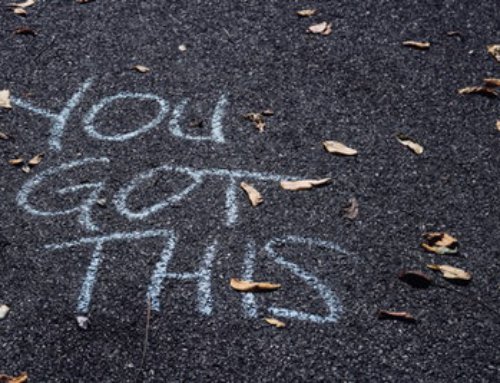Drugs, alcohol, and cigarettes contain chemicals that signal your body to produce more dopamine than other natural rewards. Over time however, repeated dopamine floods from repeated use of these substances changes your brain’s chemistry. As a result, your brain adapts itself to be reliant on them –– which is why we know them as addictive substances. And sadly, substance abuse resulting from this addiction kills millions around the world each year, with the CDC citing more than 100,000 deaths per year due to drugs (and a similar number due to alcohol) in the U.S. alone.
If you happen to be struggling with substance addiction –– even in its early stages –– you may not fully realize it. Yet the first step to becoming sober is to admit that you do have a problem. So, if you’re wondering if it’s time to change your relationship with substances, here are a few important signs to pay attention to.
1.) You can’t have “just one”
Because you want to constantly feel the pleasure that dopamine gives you, you’ll keep using your substances to produce them. This means you can’t have “just one” drink in a social gathering, or smoke just a single cigarette. This inability to have just one is fundamentally what makes it difficult to step away from your addiction. Furthermore, Bio Med Central notes that this difficulty can even be seen in those who have undergone detoxification and rehabilitation. Indeed, 40-60% of people in these categories ultimately relapse. Accordingly, if you realize you feel the need to keep coming back for more, you need to find a way to step back from your favored substances –– and ultimately train yourself to have “just one.”
2.) You exhibit symptoms
When you become addicted to something, your body’s balance tips, since you’re consuming too much of something that’s not good for it. To illustrate with a particularly common condition, wellness site SymptomFind lists some common symptoms of alcoholism. These include uncontrollable shakes if you’ve gone a long time without alcohol, drinking alcohol until you black out, experiencing mood swings, and memory loss. Many of the symptoms are also experienced when undergoing alcohol withdrawal. In general, if you feel like you always need the substance no matter your mood or situation –– and you feel intense emotional or physical distress when you haven’t used it for some time — then it’s a sign that you need to get sober. That said, do take the time to research specific symptoms related to any substances you indulge in as well.
3.) You’ve gotten in trouble because of your addiction
Addiction is a progressive disease. So while you may have been able to somehow maintain your normal life for some time, and mask behavior when you’ve had too much of something, you might eventually find that you’re getting into trouble more often. For instance, you might find that your relationships are feeling strained, or that your performance at work is suffering. Perhaps you’ll experience a minor accident due to partial incapacitation, or you’ll notice strangers looking at you uneasily in public. It could be any number of things, but the bottom line is that if you begin to notice trouble of one kind or another stemming from substance use, it’s important to take it seriously. These issues are signs of addiction, and tend to snowball if left unaddressed –– sometimes with disastrous results.
4.) You blame everything but your addiction
When problems arise due to your substance use, you might eventually realize that you’re blaming everything and everyone else except your addiction. For instance, when you get into a car accident while intoxicated, you might place the blame on the other driver being careless; if you get into a fight with a family member, you might convince yourself they’re being unreasonable. This happens because the chemistry in your brain is actively preventing you from connecting the problems to your addiction. After all, the substances are directly tied to feelings of pleasure, and thus difficult to associate with negative outcomes. It may therefore be difficult to catch on to this (especially since it’s also human nature to preserve oneself!). As such, our SymptomFind









